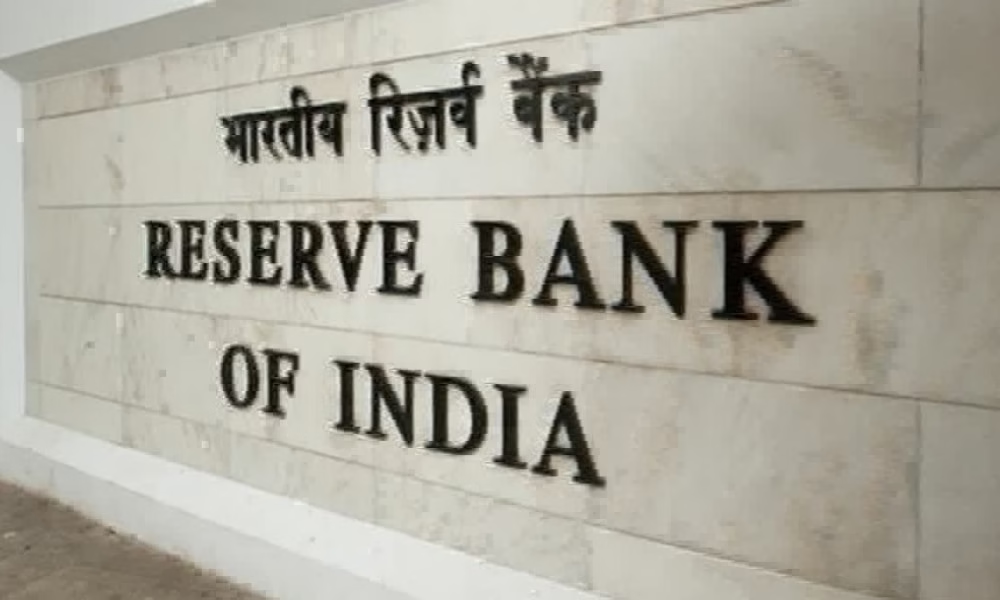
The era of cryptocurrency has opened up thrilling possibilities for investors and enthusiasts alike. However, it also brings along certain responsibilities, especially when it comes to taxes. In a significant move, the Income Tax Department of India has begun contacting thousands of people who have engaged in cryptocurrency transactions but failed to report this income on their tax returns. This communication, aimed at promoting compliance, raises important questions about your obligations in the digital currency landscape.
In recent updates, the Income Tax Department, along with its policy-making arm, the Central Board of Direct Taxes (CBDT), has flagged possible instances of tax evasion and money laundering. The focus is primarily on high-risk individuals who may be using unaccounted income to invest in virtual digital assets (VDAs)—better known as cryptocurrencies.
Officials revealed that these outreach efforts are particularly targeting transactions related to the assessment years 2023-24 and 2024-25. Many who have dipped their toes into the world of cryptocurrencies might not realize the full scope of their tax responsibilities. To ensure compliance, the department has implemented a campaign named NUDGE, which stands for Non-intrusive Usage of Data to Guide and Enable. This initiative reflects the philosophy of prioritizing the trustworthiness of taxpayers while ensuring they are well-informed about their tax liabilities.
The tax implications surrounding cryptocurrency are not negligible. Under section 115BBH of the Income Tax Act, introduced by the Finance Act of 2022, any income derived from crypto transfers is subjected to a flat tax rate of 30 percent, in addition to surcharges and cess. Interestingly, this regulation does not allow taxpayers to deduct expenses, except for the initial cost of acquiring the cryptocurrency. So, if you thought you could offset losses from trading against other incomes, think again. The rules clearly state that the set-off of losses from crypto investments against any other income is not permitted, nor can these losses be carried forward to subsequent years.
Tax data analytics have revealed a concerning trend; a significant portion of crypto traders have neglected to file the necessary Schedule VDA in their Income Tax Returns (ITRs). Some individuals may also be unaware that they are effectively offering tax payments on their cryptocurrency incomes at a lower rate or misrepresenting their claims through cost indexation.
The I-T Department is quite proactive about this issue. They are currently cross-referencing the ITRs filed by taxpayers with tax deducted at source (TDS) returns from various cryptocurrency exchanges, also known as Virtual Asset Service Providers. This means that if you have traded cryptocurrencies without disclosing those transactions, it is likely that the department may select you for further verification or scrutiny.
This campaign marks the third phase of the NUDGE initiative, designed as a gentle reminder for taxpayers about their financial responsibilities. Previous phases focused on the correct declaration of foreign assets and income, alongside addressing deductions claimed under section 80GGC of the I-T Act that were considered bogus.
If you have bought or sold cryptocurrency, it is essential to ensure that you are compliant with the tax laws governing these transactions. The Income Tax Department is keen on doing its part to ensure that taxpayers are fulfilling their obligations. It’s a great idea to revisit your crypto-related transactions and consider if you have accurately reported your income.
The Indian government’s approach toward cryptocurrency regulation continues to evolve, and with the rising popularity of digital assets, it is crucial for investors to stay informed about compliance requirements. Ignoring communications from the tax department is not advisable. They aim to guide taxpayers while keeping transparency in tax liabilities a priority.
The world of cryptocurrency is indeed exciting, but it comes with the onus of accurate reporting and adhering to tax regulations. If in doubt, consult a tax professional to help navigate the intricate landscape of cryptocurrency taxation. Remember, staying informed and compliant can save you a lot of hassle down the road.
So, keep trading but also keep an eye on your tax obligations. The digital currency realm is here to stay, but so are tax responsibilities.











